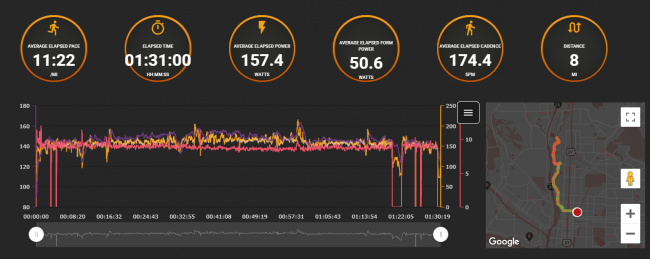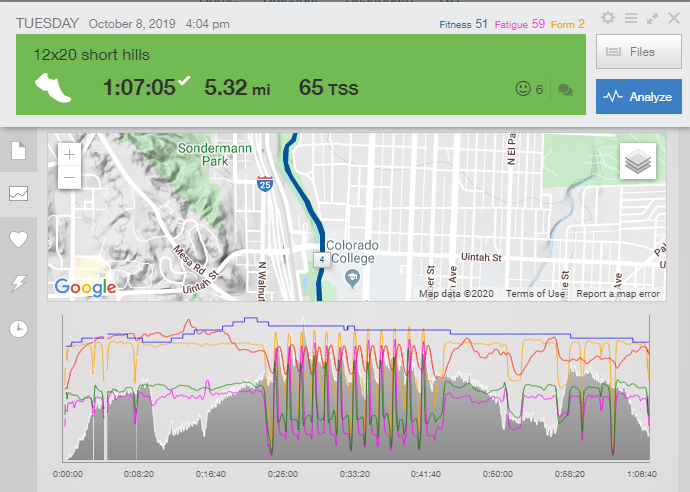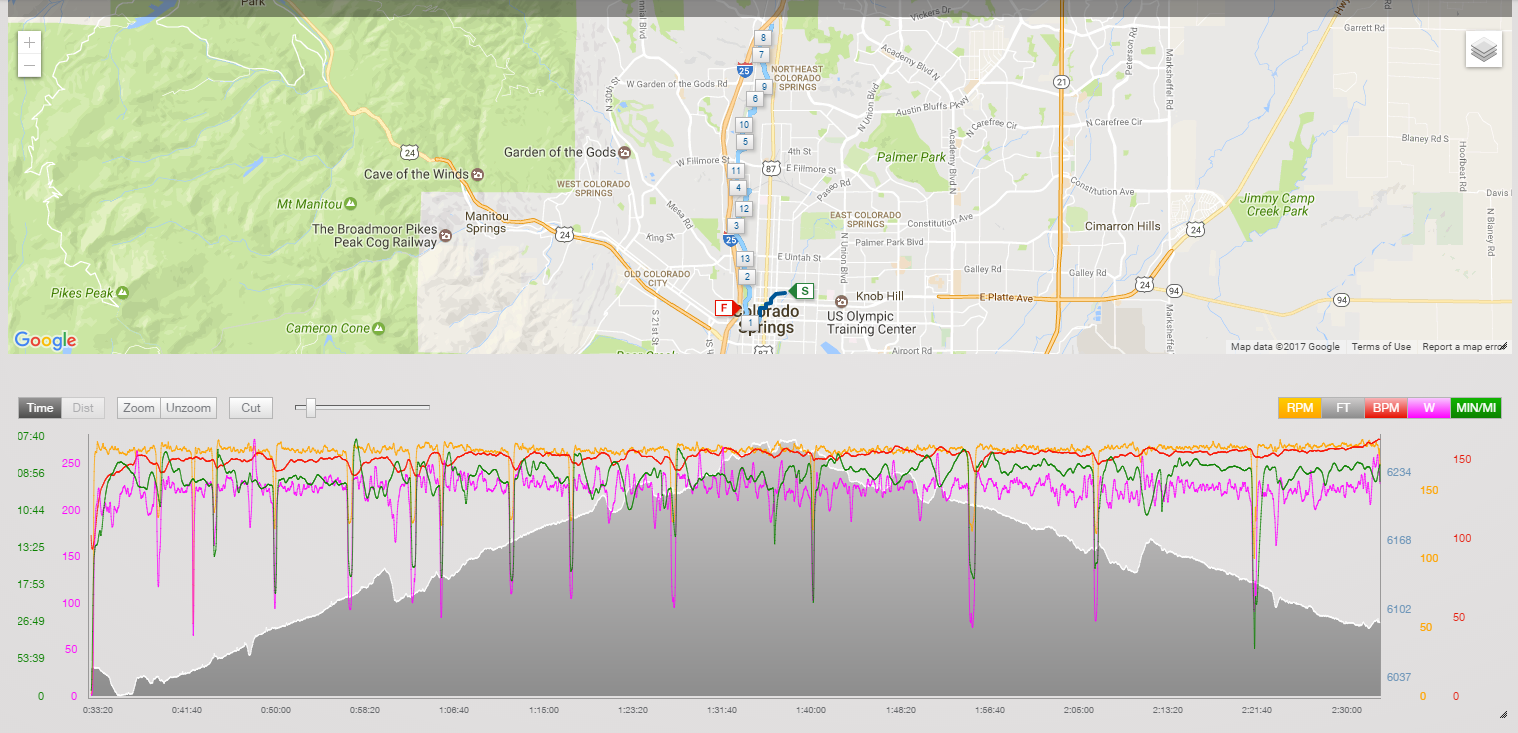In the last decade I’ve been coaching, technological advances in the realm of training data have increased greatly. From power meters for cycling and now running, from smart trainers, to fitness and GPS watches, we have a wealth of data available to us. We can track heart rate 24-7, heart rate variability, sleep patterns, and so much more. These more affordable technologies are allowing the age grouper access to insights the pros or those with a lot more disposable income used to have.
But do you need all this data?
I’ll start with this – data is useless if you aren’t using it to make training decisions. So before you buy the next pricey widget, ask yourself the following. For what reason am I collecting this data? What decision(s) will I make with it?
Immediate or long term decisions?
Data can be good for looking at long term progress. If you have a long ride or run that you do at a specific effort and notice two months later that under similar conditions and the same heart rate you were faster, that shows an improvement in fitness. That data is helpful for quantifying longer-term fitness gains.
Data can also help you made immediate training decisions. Say you train with a power meter on your bike and are doing 5x6min intervals above lactate threshold power. During interval #3 you can’t hold the power during the last 2 minutes. Then you try again on interval #4 and after the first two minutes you can’t hold the power. That data is telling you that it is probably a good idea to just stop the hard workout there, that your body is not rested enough for that particular workout. Continuing on could force you to need additional recovery. The data is helpful in quantifying the status of an immediate training situation.
My recommendations
With all the data you can collect these days, take some time to figure out what is really valuable to you and/or your coach. (Your coach should tell you what they need.) With some data analysis software (e.g. premium account on TrainingPeaks.com) you do have many useful data review tools at your finger tips.
One metric I feel is important (and you don’t need technology to track it) is sleep durations and quality. Track sleep to the extent that you know your ideal bedtime and wake up time. Sleep is the best way to recover from training, so having a handle on what your body needs is very important. Knowing what situations give you poor sleep (caffeine, alcohol, digital devices, bedroom temperature, etc) can allow you to adjust your environment to prioritize good sleep.
Data recommendations for training and recovery can vary depending on your goals and interests, and if you have a coach, what their needs are. For some people a generic watch is all that is necessary. For others, knowing everything about their performance helps because they need that 1% improvement to stay on top of the podium. Most of us are somewhere in between.

Have questions about data? Contact me!








